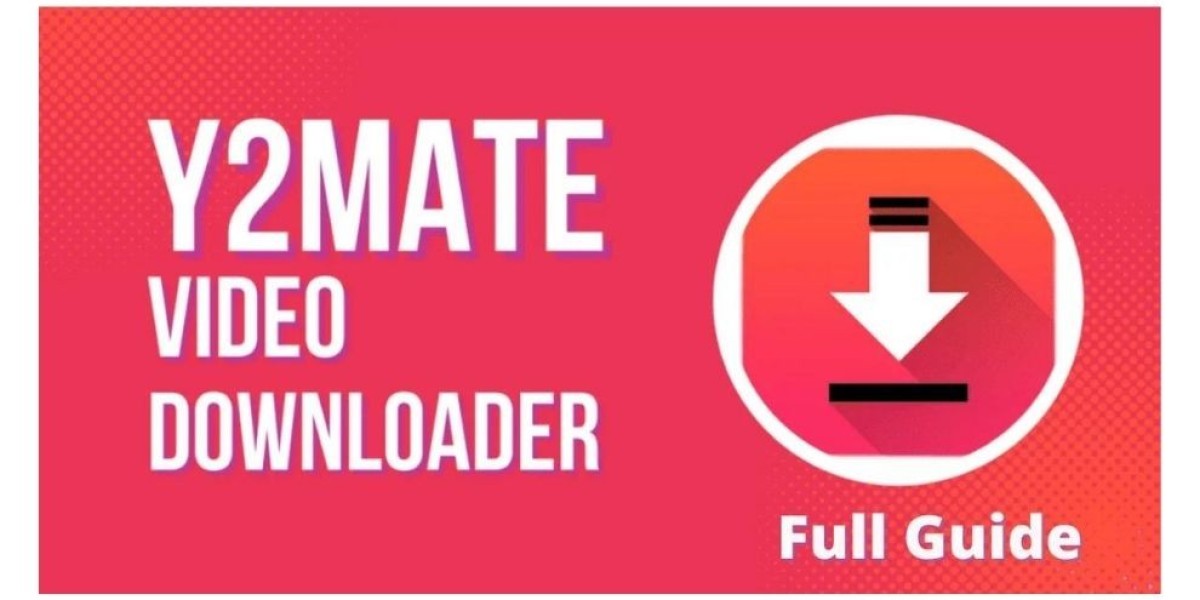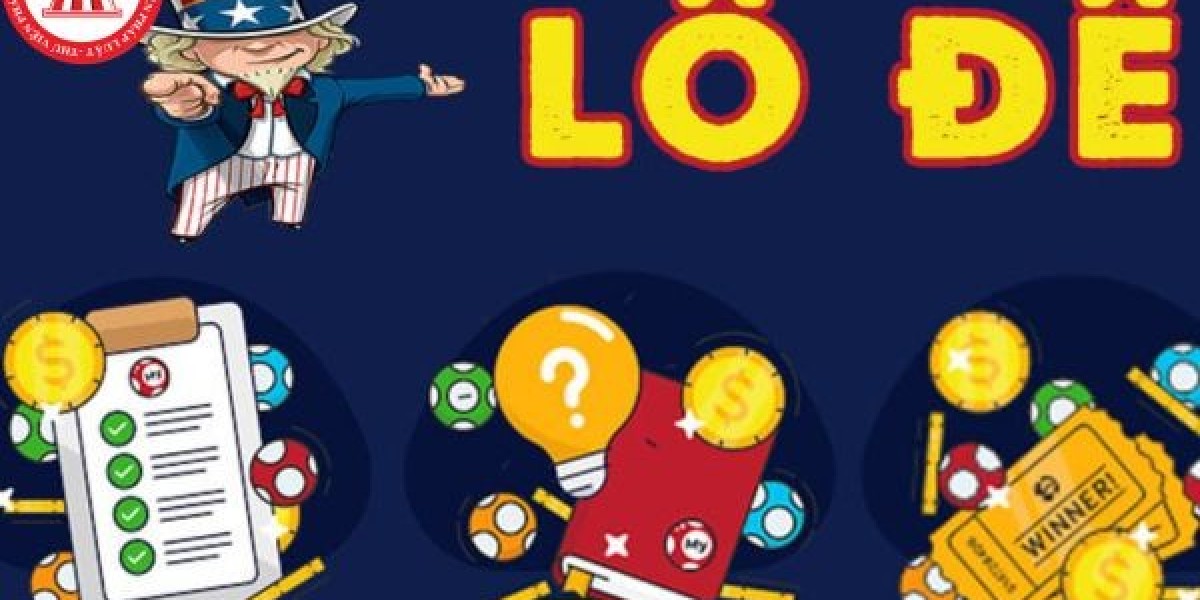Introduction:
YouTube has become an integral part of our digital lives, providing a vast platform for creators to share their content with a global audience. However, the desire to download and save videos from YouTube has led to the rise of YouTube to MP4 converters. These tools allow users to convert YouTube videos into downloadable MP4 files, raising questions about their legality and the ethical implications of such practices.
The Appeal of YouTube to MP4 Converters:
YouTube to MP4 converters gained popularity due to the convenience they offer. Users can convert and download their favorite videos for offline viewing, allowing them to access content without an internet connection. This feature is particularly appealing for individuals with limited data plans or those who want to watch videos in areas with poor connectivity.
However, the surge in the use of these converters has sparked debates about copyright infringement, fair use, and the overall impact on content creators.
Legal Implications:
The legality of YouTube to MP4 converters is a complex and debated issue. While downloading videos from YouTube without permission is a violation of the platform's terms of service, the legal standing becomes murkier when it comes to fair use and personal consumption.
YouTube's terms explicitly state that users should not download content without permission unless a "download" or similar link is clearly provided by YouTube. Violating these terms could result in the suspension of a user's account.
On the other hand, proponents of youtube downloader converters argue that users have the right to download content for personal use, claiming that such actions fall under the umbrella of fair use. Fair use allows for the limited use of copyrighted material without permission for purposes such as criticism, commentary, news reporting, teaching, scholarship, and research.
However, the line between fair use and copyright infringement can be thin, and the legality often depends on the specific circumstances of each case. Content creators and copyright holders may take legal action against individuals or services that they believe are infringing on their rights.
Impact on Content Creators:
One of the primary concerns surrounding YouTube to MP4 converters is the potential impact on content creators. YouTube is a platform where creators earn revenue through ads and sponsorships, and downloading videos could potentially circumvent this revenue stream.
When users download videos instead of streaming them on the platform, content creators may lose out on ad revenue, which is a significant source of income for many. This loss of revenue can directly impact a creator's ability to sustain their channel, invest in better equipment, and produce high-quality content.
Content creators and copyright holders have expressed frustration over the unauthorized distribution of their work, as it undermines the value of their intellectual property. Some creators argue that the use of YouTube to MP4 converters contributes to a culture of entitlement, where users feel they are entitled to consume content without compensating the creators.
Official Website: https://y2mate.net.pk/
Potential Solutions:
To address the challenges posed by YouTube to MP4 converters, several potential solutions have been proposed. YouTube could enhance its offline viewing features, providing users with legitimate ways to download content for offline consumption while still adhering to copyright and licensing agreements.
Additionally, content creators and copyright holders could explore innovative business models, such as offering downloadable content through official channels or platforms, providing users with a legal and convenient way to access their favorite videos offline.
Conclusion:
The debate surrounding YouTube to MP4 converters highlights the complex interplay between user convenience, fair use, and copyright protection. While users appreciate the ability to download videos for offline viewing, content creators and copyright holders are rightfully concerned about the potential impact on their revenue and intellectual property rights.
As technology continues to evolve, finding a balance between user convenience and the protection of intellectual property will be crucial. Ultimately, it is essential for users to be aware of the legal implications and ethical considerations when using YouTube to MP4 converters and for the industry to work towards solutions that benefit both creators and consumers.







